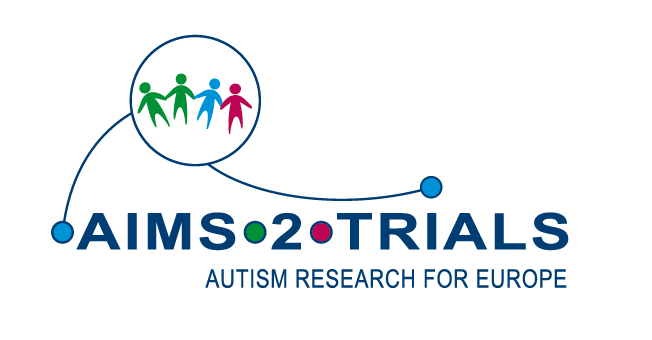Testing Medicines

We will test medicines to see if they can help autistic people who want them
The process of fully testing a medicine to ensure that is effective and safe is called a clinical trial. We aim to run two clinical trials. The first will test the medicine arbaclofen, which is thought to improve social difficulties in children and adolescents with autism. If our trial is successful, arbaclofen could ultimately become the first medicine to help autistic people with social interactions.
We will also test two medicines that might help autistic people with social interactions or repetitive behaviours. Both medicines have previously been approved for other uses and work on naturally-occurring chemicals that transmit messages in the brain, called neurotransmitters. The options are:
- A medicine that targets GABA (led by Kings College London and University of Coimbra)
- A medicine that targets serotonin (led by Kings College London and University of Coimbra)
For our second clinical trial, the medication to be used will be selected from a shortlist based on the following characteristics: safety and tolerability, preliminary findings, availability, rationale for a mechanism of action, measurable brain changes, easy administration, biomarker availability and good potential to impact a specific core symptom or co-occurring difficulty. More information will be provided relating to this selection process once it is underway.
Our wider work aims to improve the design of clinical trials by identifying indicators (called biomarkers) of who is likely to benefit from a particular treatment. We also aim to identify economic barriers to the development of new treatments.
Beyond medicines
We recognise that while some autistic people and their families do want medicines to treat aspects of their autism or co-occurring conditions, others may prefer non-medical interventions or choose not to receive any support. There are many ways in which our work on biomarkers could inform and support the development of non-medical treatment options.
Objectives
1. Run a clinical trial to test whether arbaclofen can help autistic people with social interactions
2. Test two other medicines
3. Run a second clinical trial to test whether a selected medicine can help autistic people
4. Identify why previous clinical trials to treat difficulties associated with autism have been unsuccessful
5. Explore who may benefit most from future treatments









